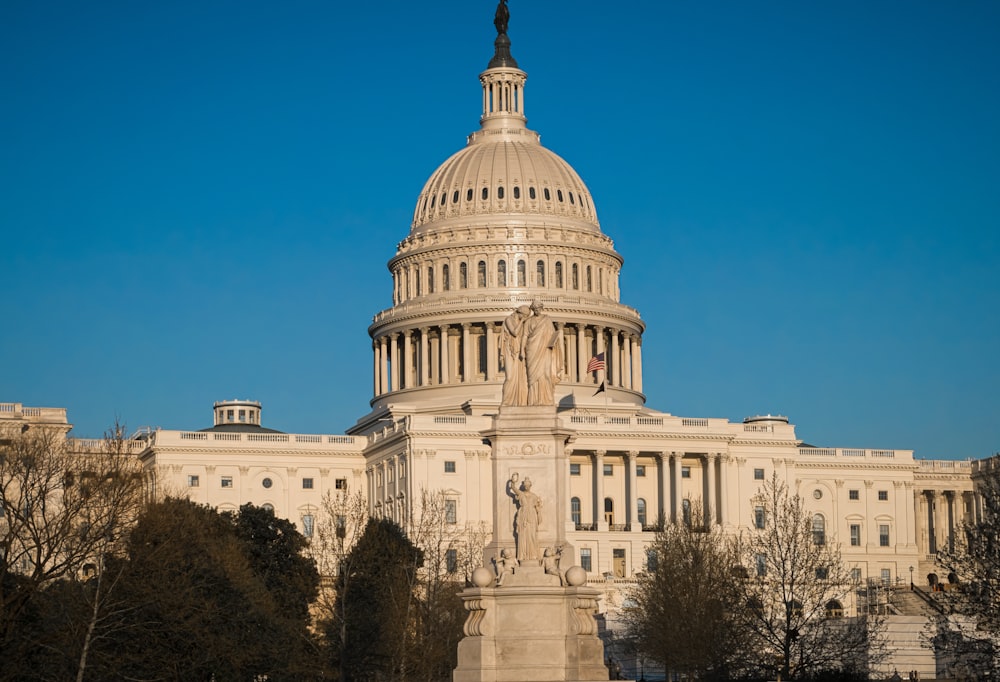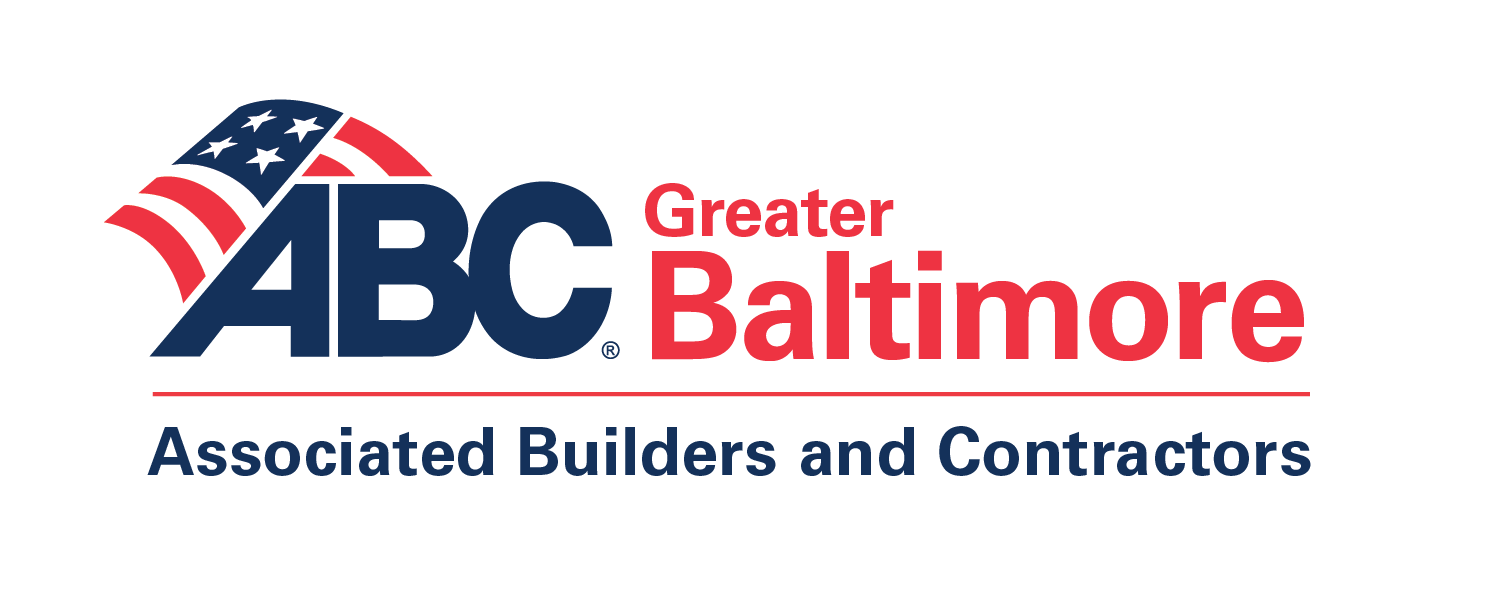Late last night, the bipartisan Infrastructure Investment and Jobs Act was formally introduced. The 2,702 page bill is the product of the work of 22 bipartisan U.S. Senators who crafted the deal that is set to pass the Senate later this week after passing critical procedural hurdles last week.
The bill provides major new investments in the nation’s infrastructure, including $110 billion for roads and bridges, $39 billion for public transit and $66 billion for rail, $55 billion for water and wastewater infrastructure, and billions for airports, ports, broadband internet and electric vehicle charging stations.
The core bipartisan group of U.S. Senators released a statement following the finalization of the bill text for introduction: U.S. Senators Rob Portman (R-OH), Kyrsten Sinema (D-AZ), Susan Collins (R-ME), Joe Manchin (D-WV), Mitt Romney (R-UT), Mark Warner (D-VA), Lisa Murkowski (R-AK), Jeanne Shaheen (D-NH), Bill Cassidy (R-LA), and Jon Tester (D-MT) issued the following statement:
“Over the last four days we have worked day and night to finalize historic legislation that will invest in our nation’s hard infrastructure and create good-paying jobs for working Americans in communities across the country without raising taxes. This bipartisan bill and our shared commitment to see it across the finish line is further proof that the Senate can work. We look forward to moving this bill through the Senate and delivering for the American people.”

Senate Majority Leader Chuck Schumer, D-N.Y, said a final vote could be held “in a matter of days.” Though Senate Republican Leader Mitch McConnell has called for a robust, open amendment process – not one cut short by artificial timelines. ABC is still reviewing the legislation but has identified two sections of concern that we have notified Senate offices about.
First, section 41101 in the bill would require Davis-Bacon wages on any construction project funded under Division D of the bill—Energy and going forward any existing program, regardless of funding source, that is amended in Division D. Importantly, though, the expansive prevailing wage provisions are not included in other sections of the bill, like broadband.
Second, section 25019, implements a “local hiring preference for construction jobs.” Though the language does no implement a mandate for local hire, or encouragement for agencies to require local hire agreements, it states that “a recipient or subrecipient of a grant provided by the Secretary under title 23 or 49, United States Code, may implement a local or other geographical or economic hiring preference relating to the use of labor for construction of a project funded by the grant, including prehire agreements, subject to any applicable State and local laws, policies, and procedures.”
ABC is pursuing potential amendments to modify these sections of the bill.
We have also heard additional concerns from members regarding the inclusion of certain superfund site fees as a pay-for for the legislation. Under the bill, the superfund excise taxes on chemical manufacturers, which expired in 1995, would be implemented for the next 10 years at approximately twice their prior levels for a $1.211bn/year cost. The American Chemistry Council commented on this provision in the bill here.
Though it seems likely the bill will pass the Senate in due time, it then faces the obstacles in the U.S. House where Speaker Nancy Pelosi, D-Calif., has vowed not to take up the bipartisan package without also voting on a partisan reconciliation bill and House Majority Whip Steny Hoyer, D-Md., and Chairman of the House Transportation and Infrastructure Committee Peter DeFazio, D-Ore., pushing for a conference committee on the bipartisan Senate package to include measured of the partisan House-passed $715 billion transportation bill.
